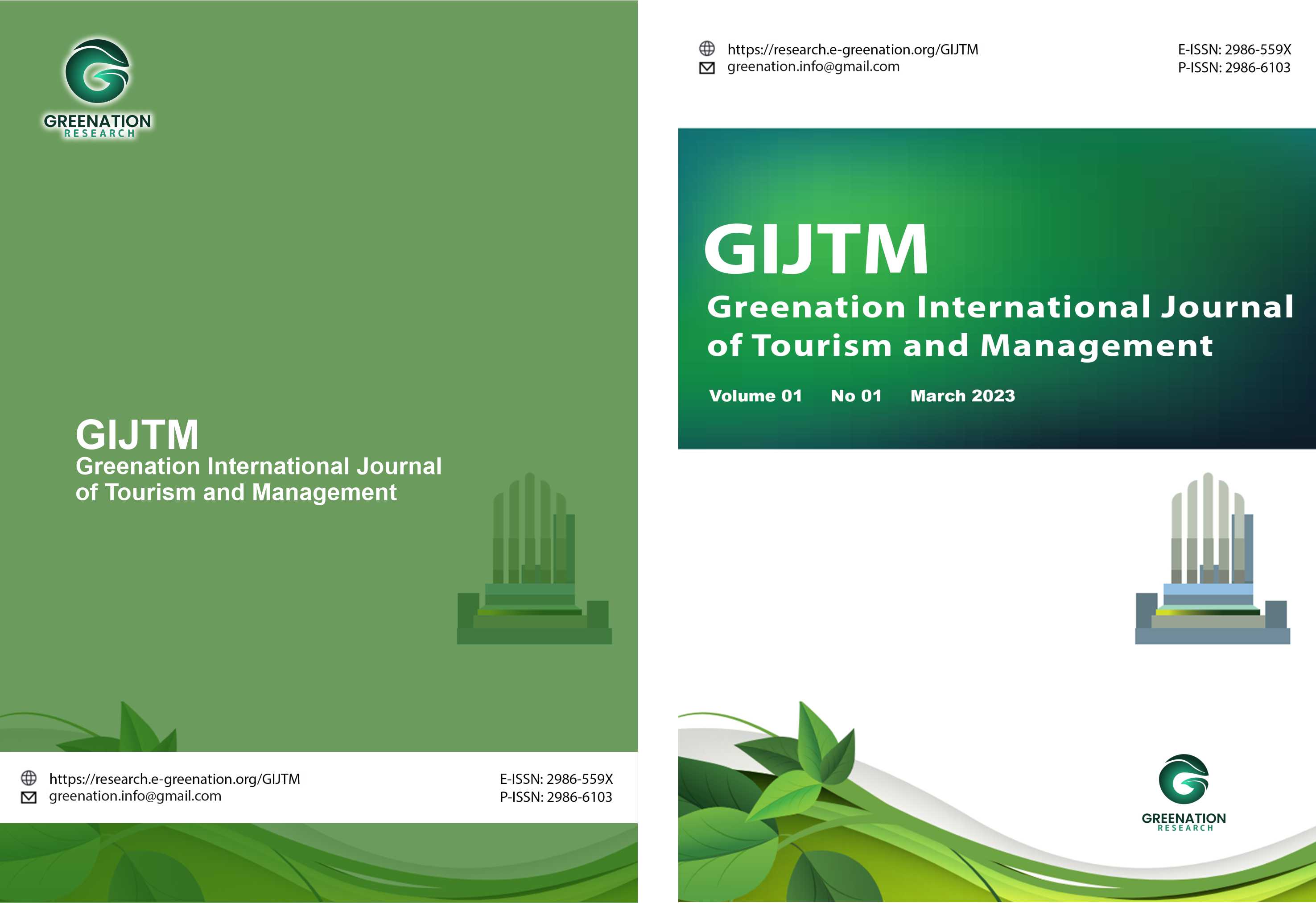The Use of AI Chatbots for Academic Research: A Qualitative Study on Indonesia Students’ Perceptions
DOI:
https://doi.org/10.38035/gijtm.v3i2.441Keywords:
Chatbot, Artificial intelligence, academic research, ChatGPT, UTAUTAbstract
The advancement of artificial intelligence (AI) technology has driven transformations in higher education, particularly through the utilization of AI-based chatbots. These chatbots are employed by students to support various aspects of academic research activities. This study aims to uncover students' perceptions regarding the effectiveness and skillfulness in using AI chatbots to support their understanding and execution of academic research. Employing a descriptive qualitative approach, this study involved 100 students from 12 higher education institutions in Indonesia, selected purposively. The findings revealed five key themes: (1) ease of use and accessibility; (2) comprehensive features and information capacity; (3) ability to assist academic writing; (4) availability of credible academic references; and (5) flexibility and contextualization—students use multiple chatbots depending on their specific needs and contexts. This research provides a theoretical contribution to educational technology studies and practical implications for higher education institutions in designing contextual and adaptive AI literacy training.
References
Alshwiah, A. (2024). Students’ perceptions of an artificially intelligent chatbot as a support tool to develop their research skills. Qualitative Research Journal. https://doi.org/10.1108/QRJ-06-2024-0117
Bilquise, G., Ibrahim, S., & Salhieh, S. M. (2024). Investigating student acceptance of an academic advising chatbot in higher education institutions. Education and Information Technologies, 29(5), 6357–6382. https://doi.org/10.1007/s10639-023-12076-x
Braun, V., & Clarke, V. (2006). Using thematic analysis in psychology. Qualitative Research in Psychology, 3(2), 77–101.
Kim, H.-W., Chan, H. C., & Gupta, S. (2007). Value-based adoption of mobile internet: an empirical investigation. Decision Support Systems, 43(1), 111–126.
Polyportis, A., & Pahos, N. (2024). Understanding students’ adoption of the ChatGPT chatbot in higher education: the role of anthropomorphism, trust, design novelty and institutional policy. Behaviour and Information Technology, 3001, 315–336. https://doi.org/10.1080/0144929X.2024.2317364
Rahman, M. K., Hossain, M. A., Ismail, N. A., Hossen, M. S., & Sultana, M. (2025). Determinants of students’ adoption of AI chatbots in higher education: the moderating role of tech readiness. Interactive Technology and Smart Education. https://doi.org/10.1108/ITSE-12-2024-0312
Rahman, M. K., Ismail, N. A., Hossain, A., & Hossen, M. S. (2025). Students ’ mindset to adopt AI chatbots for effectiveness of online learning in higher education. Future Business Journal. https://doi.org/10.1186/s43093-025-00459-0
Subiyantoro, S., Nyoman, I., Degeng, S., Kuswandi, D., Universitas, S. U., Malang, N., & Semarang, J. (2023). Eksplorasi Dampak Chatbot Bertenaga AI (ChatGPT) Pada Pendidikan: Studi Kualitatif Tentang Manfaat dan Kerugian Exploring the Impact of AI-Powered Chatbots (ChatGPT) on Education: A Qualitative Study on Benefits and Drawbacks. Jurnal_Pekommas_Vol._8_No, 2, 157–168.
Tian, W., Ge, J., Zhao, Y., & Zheng, X. (2024). AI Chatbots in Chinese higher education: adoption, perception, and influence among graduate students-an integrated analysis utilizing UTAUT and ECM models. Frontiers in Psychology, 15(February). https://doi.org/10.3389/fpsyg.2024.1268549
Venkatesh, V., Morris, M. G., Davis, G. B., & Davis, F. D. (2003). User acceptance of information technology: Toward a unified view. MIS Quarterly, 425–478.
Downloads
Published
How to Cite
Issue
Section
License
Copyright (c) 2025 Doni Sugianto Sihotang, Usep Suhud, Setyo Ferry Wibowo

This work is licensed under a Creative Commons Attribution 4.0 International License.
Copyright :
Authors who publish their manuscripts in this journal agree to the following conditions:
- Copyright in each article belongs to the author.
- The author acknowledges that the Greenation International Journal of Tourism and Management (GIJTM) has the right to be the first to publish under a Creative Commons Attribution 4.0 International license (Attribution 4.0 International CC BY 4.0).
- Authors can submit articles separately, arrange the non-exclusive distribution of manuscripts that have been published in this journal to other versions (for example, sent to the author's institutional repository, publication in a book, etc.), by acknowledging that the manuscript has been published for the first time at GIJTM.

























